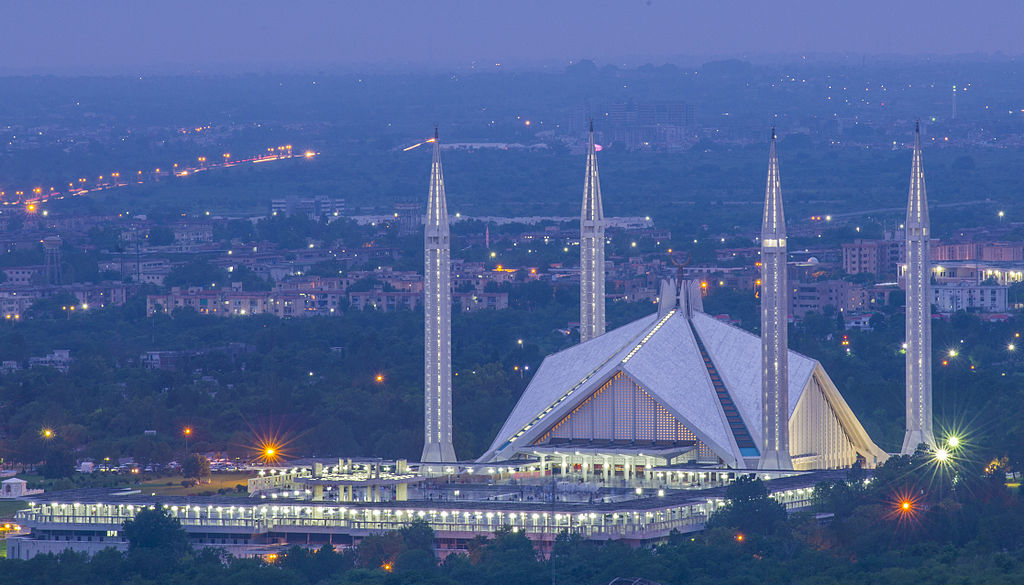
By Sidra Ajaib Kayani
In the aftermath of 9/11 terrorist attacks, a new phenomenon of nuclear terrorism got emerged. Non-state actors and the presence of nuclear weapons and related materials received considerable importance in international politics as terrorists are inspired to get hold of these weapons. Most of the global concerns expressed about the risks of nuclear terrorism are genuine which demand concrete steps on regional as well as global level.
South Asia is hard hit victim of terrorism. There are many security threats and challenges to this region. Amongst them nuclear is one dimension. However currently international community is only considering South Asia on the brink of nuclear terrorism. The fact is that it’s a global dreadful phenomenon upon which major powers are still unable to find the best cure. The Western world should accept its defeat in countering terrorism; upon which today we are experiencing nuclear terrorism threats.
Due to the current security environment of south Asia, there are perceptions of insecurity about the safety of Pakistan nuclear weapons. However, Pakistan, being nuclear power took preemptive measure that meets global standards. Being a responsible nuclear state, Pakistan has developed a robust command and control mechanism over nuclear assets. The conditions of Pakistan’s nuclear materials security have improved through strengthened laws and regulations, so as to reflect the latest nuclear security guidelines by the International Atomic Energy Agency (IAEA). As a respectable member of the global community, Pakistan is committed to the war on terror. As far as intentions and commitments are concerned, Pakistan has signed and ratified several international and regional instruments on terrorism. Pakistan while no signatory to NPT, still have done considerable efforts in the realm of nuclear non-proliferation but India’s irresponsible and dejecting attitude towards all the disarmament and arms control proposals question the very intentions of Indians. Pakistan have always been a responsible state and will always be committed to do anything for making the phenomenon of nuclear terrorism abolished from the region.
Pakistan’s has significantly contributed to make sure its arsenal safely and security and for that Pakistan took considerable laws prohibiting measurements concerning the proliferation of nuclear weapons. Pakistan has also discouraged the vulnerability of various justifiable activities and non-state actors to promote effective measures that lessen the probability of nuclear spread. These measures are primarily re-active in nature. Pakistan like others took nuclear terrorism phenomenon as plausible that deserves adequate consideration, substantial countermeasures, expertise, and competence in which Pakistan is quite rich enough to handle.
Pakistan worked closely with the IAEA for the Physical Protection of Nuclear Material, for the safety and security of radioactive sources and illicit trafficking of nuclear materials. Pakistan submits its reports to the UN Security Council 1540 Committee on the regular bases which deal with the protection of sensitive material. So the point, for which I am highlighting what Pakistan has done, to which I must say is remarkable enough, is that Pakistan as a nuclear weapons state behaved responsibly, and every country should know that if it can protect its weapons in a much much difficult circumstances in decade or so, then international community should not have any perceptions of insecurity about Pakistan’s nuclear safety in future as well.




